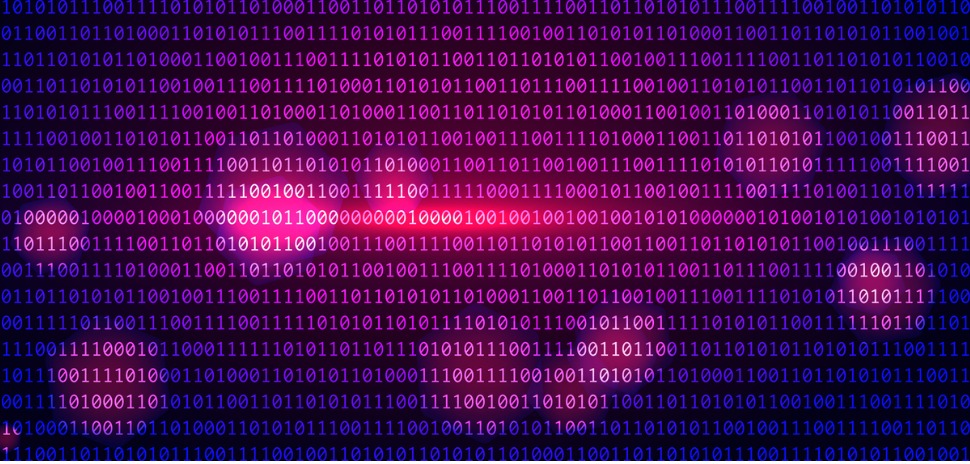A new approach to cybersecurity developed by researchers at the University of Texas at Dallas harnesses hackers as “free labor” for the job of creating better systems to block them.
Using deception technology to detect and in some cases combat unauthorized use of information systems is now a common technique for cybersecurity specialists.
The UT Dallas researchers’ latest take on the approach gathers data from hackers so they can use the information to train computers to recognize and stop future attacks. The team presented their findings in January at the Hawaii International Conference of System Sciences and in December at the annual Computer Security Applications Conference in Puerto Rico.
“There are criminals trying to attack our networks all the time, and normally we view that as a negative thing,” said Kevin Hamlen, UT Dallas professor of computer science, in a statement. “Instead of blocking them, maybe what we could be doing is viewing these attackers as a source of free labor. They’re providing us data about what malicious attacks look like.”
The DEEP-Dig (DEcEPtion DIGging) method draws hackers into a decoy site so the computer can learn from the attacks.
Hackers usually begin with simple probes of a site, which most cybersecurity defense programs will stop before the attacks become more sophisticated. DEEP-Dig allows researchers to develop better artificial intelligence by monitoring hackers’ behavior on a decoy site.
UT Dallas Professor Latifur Khan said the decoy site, stocked with disinformation, looks legit and tricks intruders into thinking they have successfully hacked the site. As hackers’ methods change, DEEP-Dig helps cybersecurity defense systems keep up with their tricks.
Keeping computer systems and data safe is an increasingly difficult job. Risk Based Security reported that 2019 was a record year for data breaches with 15.1 billion records exposed, an increase of 284 percent from 2018. According to business research company Gartner, worldwide spending on cybersecurity is expected to reach $133.7 billion by 2022.
The increased threats translates to a need for workers educated in cybersecurity, fostering new areas of study at UT Dallas and other DFW universities, along with a growing sector in the local tech economy.
Next fall, UT Dallas will offer a master’s degree in cybersecurity, technology and policy, a partnership between the School of Economic, Political and Policy Science and the department of computer science. The new degree will teach students how to evaluate the risks of cyberattacks, pinpoint security gaps in different policy settings, and work on related issues in regulations.
Southern Methodist University will also offer an online master’s in cybersecurity starting this year through the Darwin Deason Institute for Cybersecurity. And, the University of North Texas has its Center for Information and Cyber Security, which offers an undergraduate certificate in cybersecurity.
North Texas firms that specialize in cybersecurity include Trend Micro, a Japanese firm with a U.S. headquarters in Irving; HCL Technologies offering the CyberSecurity Fusion Center in Frisco; and Coppell-based QED Secure Solutions, which is conducting a field test for the Department of Homeland Security.
![]()
Get on the list.
Dallas Innovates, every day.
Sign up to keep your eye on what’s new and next in Dallas-Fort Worth, every day.


































































